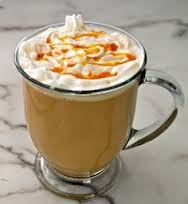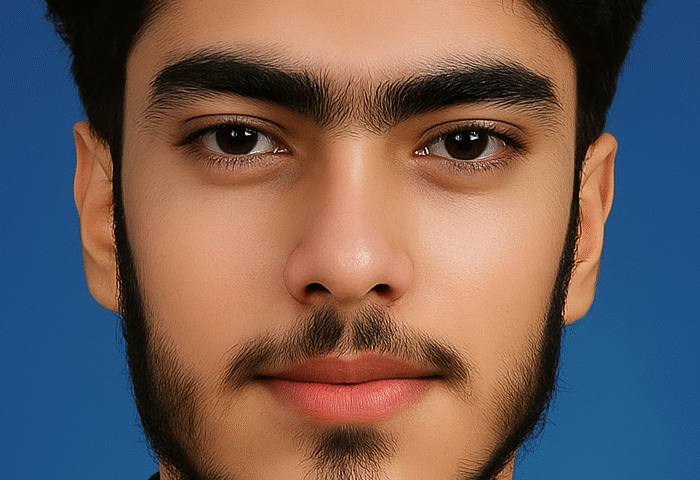Diabetes is like a fruit that grows bitter in Winter
Kashmir valley becomes a beautiful painting of white snow and light shades of green in the winters, as compared to the famous canopy greens and the tulips of summer and spring. It’s a lovely sight in its own right. But looking at it from the medical perspective, it has now become clear that the winter with its core – the ‘ chillae kalaan’- is the breeding ground of metabolic diseases, like increased cholesterol, and the metabolic menace called diabetes. Thus, while we may enjoy the sights of winter we must remember a fact that if care is not taken, the seed of such disease may get planted LOADING OURSELVES WITH EXTRA FOODS IS LIKE TRYING TO PUT FUEL IN FORCIBLY INTO AN ALREADY FULL FUEL TANK. in our body systems, the bitter fruits if which may appear in the coming spring or the next one.
So what changes in us, even if our diet is the same? It may stay the same for you but the diet patterns of a majority of kashmiris change altogether in winters.
The cold season is a time when we love to have high caloric fatty food often many times a day, being under the impression that it generates energy to keep us warm and that no harm shall come as all the oil and fat we have shall burn off while trying to combat the cold. This is the opposite of the metabolic alteration our bodies undergo in cold. The rate at which body burns down food to generate energy is called basal metabolic rate ( BMR) and is like our foot on the accelerator. The more the foot is pressed down on the pedal, more is the amount of petrol going into engine and higher the speed, and more is the oil consumption. This BMR problem is over. But hardly they know that the seed is waiting to sprout. All it needs is may be another winter of no exercise and high rice and fat intake ? A new study from Cambridge has revealed that one of the causes of increased risk of diabetes in winters is the high level of our immunity. In winters the body becomes more prepared to fight infections but one side effect is higher levels of inflammatory molecules. The molecules cause subtle damage to blood vessels and thus increase risk of heart disease and diabetes. This phenomenon is very subtle but may become significant if we also contribute to the inflammation by taking very high carbohydrates, such as rice and potatoes and high oil, all of which on burning up to release energy shall also release inflammatory substances, that is molecular toxins.
The above phenomenon may explain the higher alarming rates of diabetes in Kashmir population, and why we suddenly develop diabetes in summer time. Maybe the foundation was laid in the last winter.
Thus winter is a time to enjoy the Hamaam family quality time but a responsibility to take care of our body and it’s metabolism, so that we may save it from the menace of getting diabetes in the years to come.
Author is consultant Diabtologist, Florence Hospital Srinagar indeed but this high fats and rice, plus oil we use, the harisas we relish, the one thousand calorie wazwwan food that we gift to our body on and off; all this does no good to the metabolism. With a lesser BMR our body starts accumulating the fats, leading to weight gain. Maybe that is why some of us cannot recognise each other after winters and our trousers and suits become uncomfortable and tight.
Some of us may look the same but are surprised to find subtle weight gain indicating visceral fat gain, that is fat gets deposited not on abdomen and thighs but on organs. This obesity along with the high fatty acid levels in our blood are the parents of metabolic syndrome, a name given to the mildly increasing sugars and weight gain along with high uric acid levels and mildly increased blood pressures.
This metabolic syndrome may remain dormant for many years, like a seed that waits for right conditions to sprout. Maybe that is why many people who have mildly increased fasting sugars remain non diabetic for many years, and think that the actually goes down in winters and thus we need less or samen food to combat the cold and carry out our daily activities.
Loading ourselves with extra foods is like trying to put fuel in forcibly into an already full fuel tank.
Humans are mammals, and like all other mammals we hibernate in one way or another in cold. We may not sleep continuously for six months but we decrease our energy expenditure by spending more time indoors near a source of warmth and sleep early and walk to the minimal extent. We prefer to just complete our work and then sit in the room, may be a hamaam, enclosed in our phiran and watch television or read a book or just chat with family. It’s a wonderful feeling
DR SIDDHARTH. M. BINDROO siddharthbindroo@ymail.com




